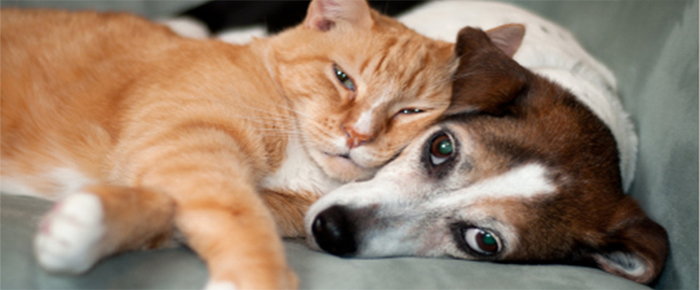
By Doug Morin
Executive Director, Coachella Valley Volunteers in Medicine, Indio
What if you had to wear your winter coat all summer out here in the desert? You’d probably suffocate or have a heat stroke, right? Well, not all pet owners are sensitive to their pets’ overheated bodies in the hundred-and-twenty degree afternoons here in the sunny Coachella Valley.
Thick-coated breeds, dogs with heart or respiratory problems, and short flat-nose dog breeds like bulldogs and pugs are top dogs for getting heat stroke. Animals with flat faces are more susceptible to heat stroke since they can’t pant as effectively as, say, retrievers. These pets, along with the elderly, the overweight, and folks with heart or lung disease, should be kept cool in air-conditioned rooms as much as possible during hot weather.
Symptoms of pet overheating include excessive panting or difficult breathing, increased heart and respiratory rate, drooling, mild weakness, stupor, or collapse. They can also include seizures, bloody diarrhea and vomit, along with an elevated body temperature over 104°. When you see this, the first thing to do is find some shade and get your pet out of the heat because in dogs the cells break down at around 106.7°. While we humans can regulate our body temperature by perspiration, but our dogs and cats cannot. They just lose water through their mouths – that’s why they pant when they’re hot.
To cool your pets, use cool water, not ice water, on paws and the head — very cold water will cause constriction of animals with flat faces that are more susceptible to heat stroke because they can’t pant as effectively. Veterinarians report that you shouldn’t cool your pet below 103 degrees because some animals can actually get too cold (hypothermic). Just because your animal is cooled and appears okay, don’t assume everything is fine. Internal organs such as liver, kidneys, brain, and other organs are definitely affected by body temperature elevation, so blood tests and veterinary examinations are needed to evaluate this as soon as possible. And do not leave pets unsupervised around a pool – not all dogs are good swimmers.
Giving your dog a lightweight summer haircut can help prevent overheating. Shave down to a one-inch length (never to the skin) so your dog still has some protection from the sun. Brushing cats more often than usual can prevent problems caused by excessive heat, too. As far as skin care, be sure that any sunscreen or insect repellent product you use on your pets is labeled specifically for use on animals.
Commonly used flea and tick products, rodenticides (mouse and rat baits), and lawn and garden insecticides can be harmful to cats and dogs if ingested, so keep them out of reach. When walking your dog, steer clear of areas that might have been sprayed with insecticides or other chemicals. Keep citronella candles, oil products and insect coils out of pets’ reach as well.












































